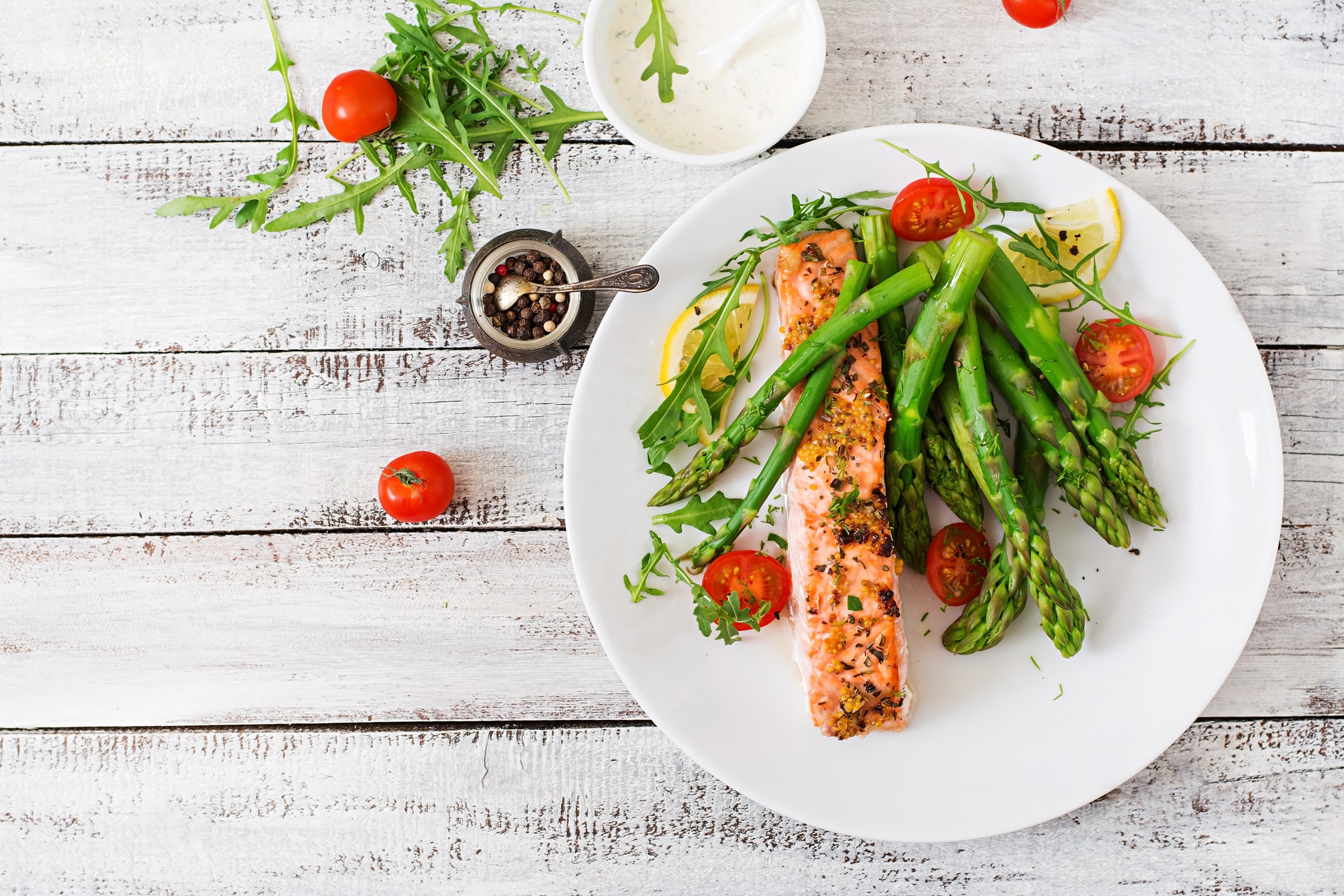So you’ve made the momentous decision to try for a baby! Be it your first, or fifth, it’s a good idea to get yourself prepared as early on as possible.
Optimal nutrition is vital to ensuring that you and your partner have the best chance of getting pregnant and sets up the foundation for a strong and healthy new addition. Food, nutrition and lifestyle choices are crucial for optimising your fertility.
Let’s look at three key changes you may need to consider before you grow your family.
Boost B vitamins
B group vitamins are used in energy metabolism helping us to ‘unlock’ the energy from food. Of all eight B group vitamins, folate and Vitamin B12 are the most important pre-conception. These two vitamins are essential for healthy nerve and red blood cells.
Inadequate folate and Vitamin B12 may increase the risk of neural tube defects in your baby. As requirements increase during the initial stages of pregnancy, it is important for you to increase your intake now.
Folate is found in wholegrain cereals, bread and green leafy vegetables and Vitamin B12 is found in milk, seafood and red meat.
Recommended Dietary Intake:
- Folate: 400µg/day/day normally, increases to 600µg/day during pregnancy.
- Vitamin B12: 2.4 µg/day normally, increases to 2.6 µg/day during pregnancy.
Ensure you're getting enough zinc
Zinc is a mineral that acts as a stepping stone and enables more than 300 enzymes to work effectively in the body.
You may have heard that zinc is needed for male fertility, which is true, but zinc is just as important for us females.
Zinc is best known to be found in oysters, with one oyster providing approximately 5mg zinc. But if you're not a fan of the little creatures then other fish and seafood options, red meat and dairy are also good choices.
Is your family growing?
Discover useful information about planning for a baby, managing the postpartum period and the transition into parenthood - including care and birth options, pregnancy health cover and costs, fertility and IVF, tips from medical professionals and more.
Recommended Dietary Intake of zinc:
- 8mg/day normally, increases to 11mg/day during pregnancy.
Increase your iron levels
With one in five Australian adults low in iron, there’s a good chance that either you or someone you love has experienced some form of iron deficiency.
Iron deficiency is more prevalent in women due to our higher requirements and extra losses during the menstrual cycle. Iron is used to carry oxygen around our body and so when iron levels are low, oxygen supply is decreased.
Reproductive organs are not exempt from decreased oxygen, so iron deficiency may affect fertility. It is crucial to make sure you have healthy iron levels before conception because iron requirements increase during pregnancy. The best source of iron comes from lean red meat but seafood, white meat, eggs, green leafy vegetables, nuts and wholegrain cereals offer significant amounts of iron too.
Recommended Dietary Intake of Iron:
- 18mg/day normally, increases to 27mg/day during pregnancy.
These are just three of the many nutrients that you will need to optimise before falling pregnant.
If you intend to or have already started trying for a baby, make sure you get a blood test from your local doctor. You can also talk to an Accredited Practising Dietitian (APD) to assess and monitor your diet to give yourselves the best chance of having a positive result. Find out more on the ‘Find an APD’ section of the Dietitians Association of Australia website.
To grab your copy of The Pregnancy Weight Plan, download here.






